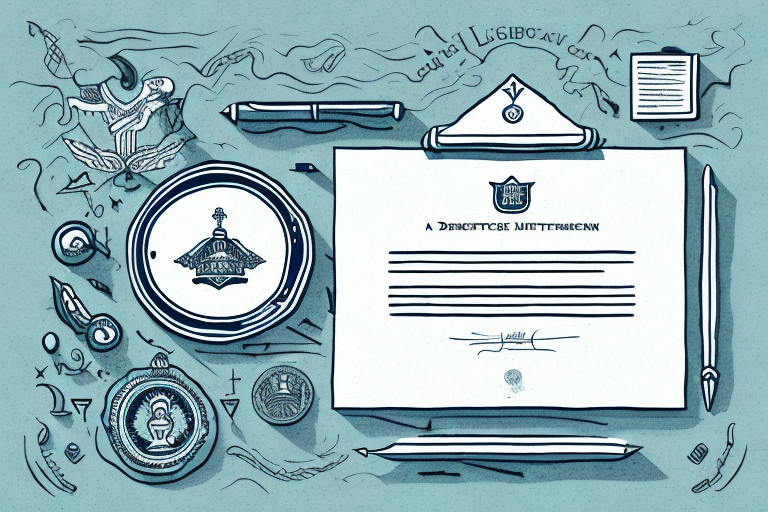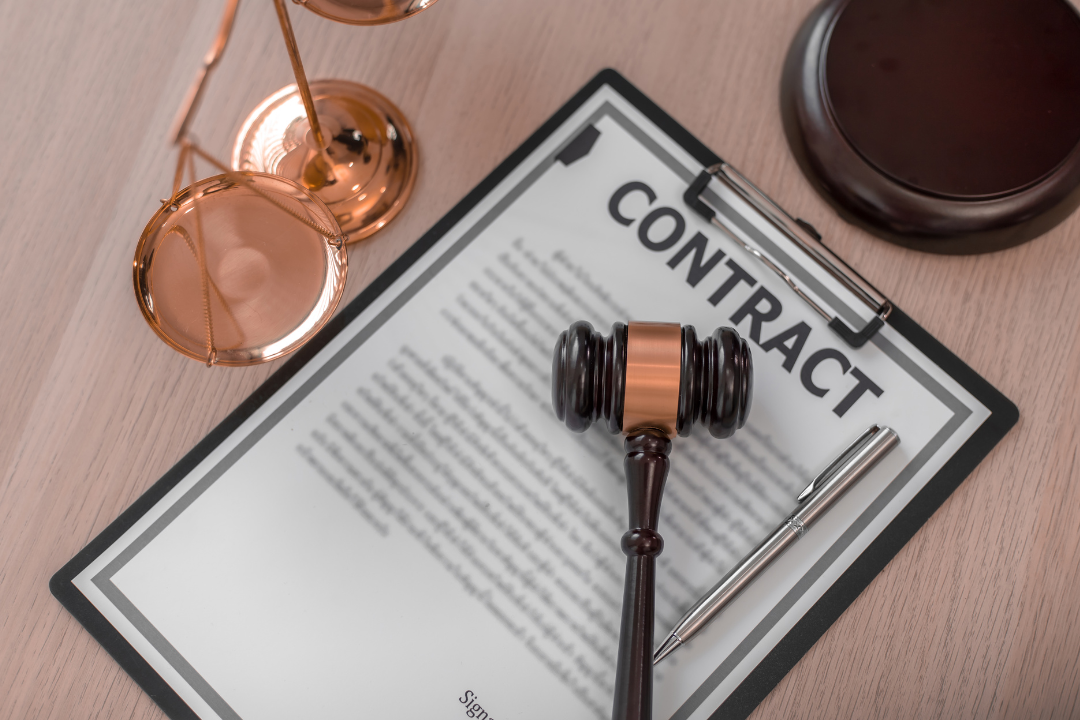Conveyancing is a crucial aspect of property transactions that ensures the legal transfer of ownership from one party to another. Whether buying or selling a home, understanding the conveyancing process can help individuals navigate the complexities of property law. This article delves into the role of conveyancing, the steps involved, and the importance of hiring a qualified conveyancer.
What is Conveyancing?
Conveyancing refers to the legal process of transferring property ownership. It encompasses various tasks, including preparing legal documents, conducting searches, and ensuring that the transaction complies with relevant laws and regulations. The process can be intricate, involving numerous legal requirements that must be adhered to for a successful transfer. The role of a conveyancer is pivotal in navigating these complexities, as they possess the expertise to manage the intricacies of property law and ensure a smooth transition of ownership.
In the UK, the conveyancing process typically begins once an offer on a property has been accepted. This is when the buyer and seller enter into a legal agreement, and the conveyancer steps in to handle the details. They will conduct thorough investigations into the property’s title, checking for any restrictions or issues that could affect ownership. This due diligence is crucial, as it provides peace of mind to the buyer and helps to avert potential legal complications down the line.
The Importance of Conveyancing
The significance of conveyancing cannot be overstated. It protects the interests of both buyers and sellers, ensuring that all legal obligations are met. Without proper conveyancing, parties may face legal disputes, financial loss, or even the risk of losing their property. Thus, engaging a professional conveyancer is essential to safeguard one’s investment. Furthermore, the conveyancing process also plays a vital role in maintaining the integrity of the property market, as it ensures that all transactions are conducted fairly and transparently.
In addition to protecting individual interests, effective conveyancing contributes to a stable property market. By ensuring that all transactions are legally sound, conveyancers help to foster trust among buyers, sellers, and lenders alike. This trust is fundamental for the overall health of the real estate sector, as it encourages investment and promotes economic growth. Therefore, the role of a conveyancer extends beyond mere paperwork; it is integral to the functioning of the property market as a whole.
Key Responsibilities of a Conveyancer
A conveyancer’s primary responsibility is to facilitate the legal transfer of property. This includes preparing and reviewing contracts, conducting property searches, and liaising with other parties involved in the transaction, such as estate agents and mortgage lenders. Additionally, a conveyancer will ensure that all necessary documentation is completed accurately and submitted on time. They also play a crucial role in advising clients on the implications of their property transaction, helping them to understand their rights and obligations.

Moreover, a conveyancer must remain vigilant throughout the process, monitoring any changes in legislation that may affect the transaction. This includes keeping abreast of updates in property law, tax implications, and local regulations. Their expertise allows them to navigate potential pitfalls, such as issues with land registration or disputes over property boundaries. By managing these complexities, conveyancers not only streamline the process but also provide invaluable support to their clients, ensuring that the transfer of property is executed with minimal stress and maximum efficiency.
The Conveyancing Process
The conveyancing process can be broken down into several key stages, each of which plays a vital role in the overall transaction. Understanding these stages can help demystify the process and provide clarity for those involved.
1. Pre-Contract Stage
The pre-contract stage begins once an offer has been accepted on a property. During this phase, the conveyancer will conduct various searches to uncover any potential issues that may affect the property. These searches may include checking for planning permissions, environmental concerns, and local authority regulations.
Simultaneously, the conveyancer will prepare the draft contract, outlining the terms of the sale. This contract will be sent to the buyer’s conveyancer for review, ensuring that both parties are in agreement before proceeding.
2. Exchange of Contracts
Once both parties have agreed on the terms of the contract, the next step is the exchange of contracts. This is a pivotal moment in the conveyancing process, as it marks the point at which the agreement becomes legally binding. At this stage, the buyer typically pays a deposit, usually around 10% of the purchase price.
The exchange of contracts also involves the conveyancers confirming that all necessary searches have been completed and that there are no outstanding issues. This stage is crucial for ensuring that both parties are protected before moving forward.
3. Completion
Completion is the final stage of the conveyancing process, where the actual transfer of ownership takes place. On this day, the buyer’s conveyancer will transfer the remaining funds to the seller’s conveyancer, and the keys to the property will be handed over to the new owner.
Following completion, the conveyancer will register the new ownership with the Land Registry, ensuring that the buyer’s name is officially recorded as the owner of the property. This registration is essential for protecting the buyer’s legal rights to the property.
Common Challenges in Conveyancing
While the conveyancing process is designed to be straightforward, several challenges can arise that may complicate transactions. Awareness of these common issues can help parties prepare and mitigate potential problems.
Delays in the Process
Delays can occur at various stages of the conveyancing process, often due to issues such as incomplete documentation or slow responses from third parties. These delays can be frustrating for both buyers and sellers, potentially leading to increased costs and uncertainty.
To minimise delays, it is advisable to maintain open communication with the conveyancer and promptly provide any requested information or documentation. This proactive approach can help keep the process on track.
Legal Issues with the Property
Legal issues may arise during the conveyancing process, such as disputes over boundaries, unresolved planning permissions, or outstanding debts associated with the property. These issues can complicate the transaction and may require additional legal advice to resolve.
It is essential for buyers to conduct thorough due diligence and for conveyancers to identify any potential legal issues early in the process. This vigilance can prevent complications further down the line.
Choosing the Right Conveyancer
Selecting a qualified conveyancer is a critical step in ensuring a smooth property transaction. The right professional can make a significant difference in navigating the complexities of conveyancing.
Qualifications and Experience
When choosing a conveyancer, it is essential to consider their qualifications and experience. Look for professionals who are members of recognised regulatory bodies, such as the Council for Licensed Conveyancers or the Law Society. These memberships indicate that the conveyancer adheres to high professional standards.
Experience in handling similar property transactions can also be beneficial. A conveyancer with a proven track record will be better equipped to anticipate potential challenges and provide effective solutions.
Fees and Costs
Understanding the fees associated with conveyancing is crucial for budgeting purposes. Conveyancers typically charge a fee based on the property’s value, along with additional costs for searches, registration, and other services. It is advisable to obtain a detailed quote upfront to avoid any unexpected expenses later in the process.
While cost is an important factor, it should not be the sole consideration. The quality of service and expertise offered by the conveyancer should also be weighed carefully.
The Benefits of Using a Conveyancer
Engaging a professional conveyancer offers numerous advantages that can enhance the property transaction experience. From legal expertise to peace of mind, the benefits are substantial.
Legal Expertise
Conveyancers possess specialised knowledge of property law and the conveyancing process. This expertise allows them to navigate complex legal requirements and ensure that all aspects of the transaction are handled correctly. Their understanding of potential pitfalls can help protect clients from costly mistakes.

Moreover, conveyancers can provide valuable advice on issues such as property rights, liabilities, and any legal implications associated with the transaction. This guidance is essential for making informed decisions throughout the process.
Time-Saving
The conveyancing process can be time-consuming, particularly for those unfamiliar with the legal requirements. A professional conveyancer can streamline the process, handling paperwork and communications efficiently. This allows clients to focus on other aspects of their move or sale, reducing stress and saving time.
By delegating the conveyancing tasks to a qualified professional, clients can rest assured that their transaction is in capable hands.
Conclusion
In conclusion, conveyancing plays a vital role in property transactions, ensuring the legal transfer of ownership and protecting the interests of all parties involved. Understanding the conveyancing process, from pre-contract to completion, can help individuals navigate the complexities of property law with confidence.
Choosing the right conveyancer is essential for a smooth transaction. With their legal expertise and ability to handle potential challenges, conveyancers provide invaluable support throughout the process. Ultimately, engaging a professional can lead to a successful property transaction, allowing buyers and sellers to move forward with peace of mind.
See also: Why become a commercial lawyer?































